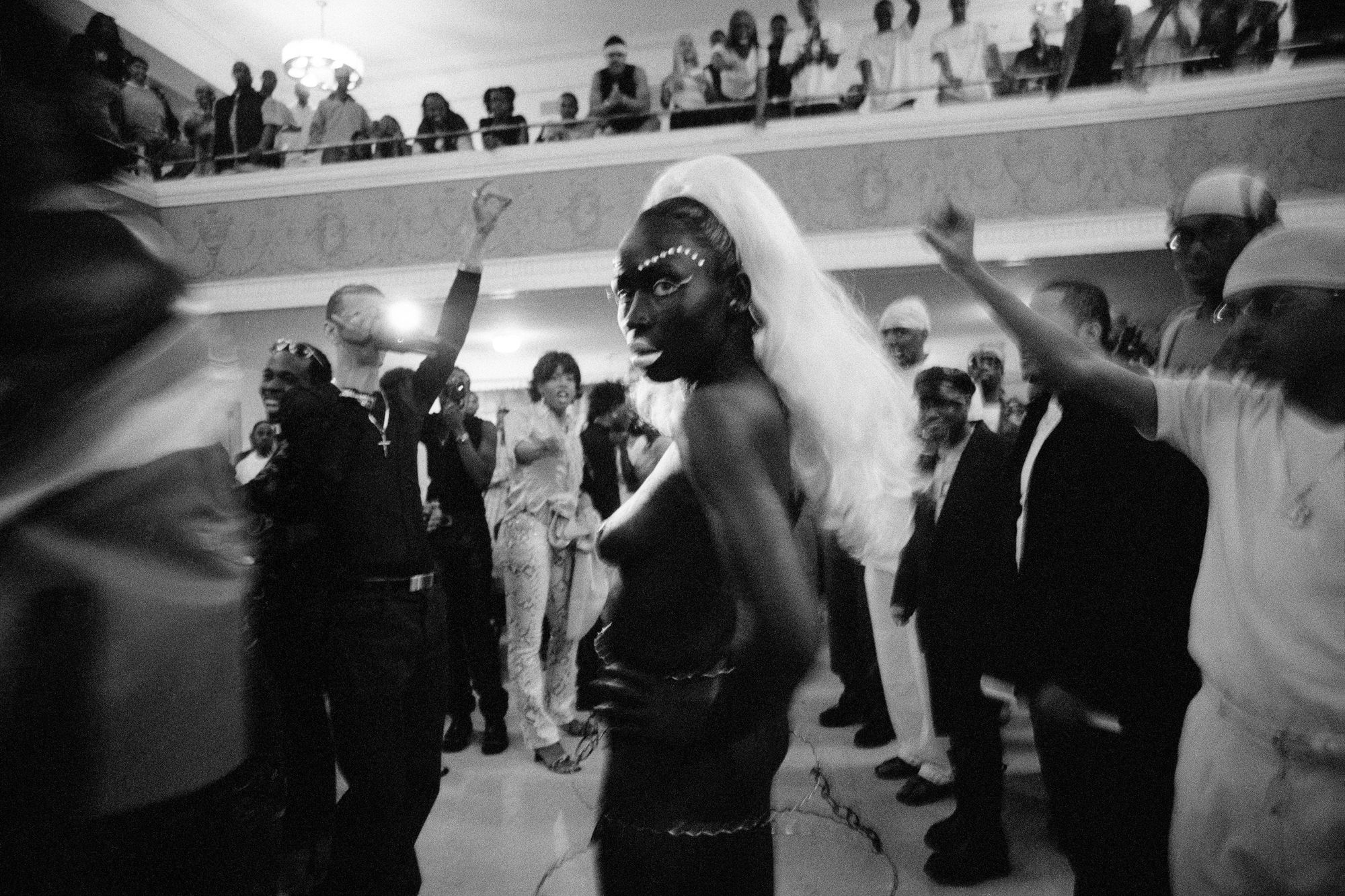
The Trans Sounds of Black Freedom Roundtable: Ballroom—A Mobilizing Trifecta
After World War II, as the black population grew in some United States cities such as Washington D.C., Philadelphia, Detroit, and Chicago, Drag Balls migrated to these cities as well. This roundtable session explores the history and migration of the House-Ballroom Community (HBC) as Drag Balls through three historical moments: after WWII—as a black freedom movement; after the StoneWall Rebellion (1969)—as an artistic-political collective; and in response to the onset of the AIDS crisis (1981)—as a radical pedagogy. As a response to race, class, sexuality, and gender oppression, the HBC uses art as a politics of the collective. Grounded in the radical subjectivity of the community, it forms radical pedagogies. It places its history in mobilization and resistance, while positioning it in conversation with other historical and global struggles. This roundtable will place the tensions that emerge within the HBC in conversation: the dialectically opposed democratic notions of freedom simultaneously as the community is fighting against, and confronted with, systems of oppression.
“The cultural role of philosophy is not to deliver truth but to build the spirit of truth, and this means never to let the inquisitive energy of mind go to sleep, never to stop questioning what appears to be obvious and definitive, always to defy the seemingly intact resources of common sense, always to suspect that there might be “another side” in what we take for granted, and never to allow us to forget that there are questions that lie beyond the legitimate horizon of science and are nonetheless crucially important to the survival of humanity as we know it.”
—Leszek Kolakowski, “The Death of Utopia Reconsidered”
“In order for us as poor and oppressed people to become a part of a society that is meaningful, the system under which we now exist has to be radically changed. This means that we are going to have to learn to think in radical terms. I use the term radical in its original meaning—getting down to and understanding the root cause. It means facing a system that does not lend itself to your needs and devising means by which you change that system.”
—Ella Baker, Spellman College address, 1969
“I want to start / an organization / to save my life. / If whales, snails, / dogs, cats, / Chrysler and Nixon / can be saved, / the lives of Black men / are priceless / and can be saved. / We should be able to save each other. / I don’t want to wait for the Heritage Foundation / to release a study saying / Black people are extinct. / I don’t want to be the living dead / pacified with drugs, sex and rock-n-roll. / If a human chain can be formed / around nuclear missile sites, / then surely Black men can form / human chains around Anacostia, Harlem, / South Africa, Wall Street, Hollywood, / each other. // If we have to take tomorrow with blood / are we ready? / Do our s curls and dreadlocks and phillies / make us any more ready than a bush or a conkaline? / I’m not concerned / about the attire of a soldier. / All I want to know / for my own protection / is are we capable / of whatever / whenever?”
—Essex Hemphill, “For My Own Protection,” in “In the Life: A Black Gay Anthology.”
About The Trans Sounds of Black Freedom Roundtable
This Roundtable will explore the history of the House-Ballroom Community as a Black Trans-Womanist theological discourse, a freedom movement, and its spiritual formation responses to race, class, sexuality, and gender oppression. It will further examine the community’s ability to use the art of performance as a hermeneutics of the body and situate its history of mobilization as a resistance to these oppressions. It will place the HBC in conversation with other historical struggles and illuminate the community’s prophetic gift of truth-telling and its ethical gift of archiving suffering and allowing suffering to speak. Being on intimate terms with death and annihilation, through the trifecta of the philosophical, theological, and political, the HBC has something to say to the world over: “What it means to be human, to struggle for freedom, to reimagine death, and to transmute it to power, healing, and life.”
Michael Roberson is a public health practitioner, advocate, activist, artist, curator, and leader within the LGBTQ community, as well as an Adjunct Professor at The New School University/Lang College, NYC and Union Theological Seminary NYC. Michael has two Master degrees from Union Theological Seminary and is the Senior Scholar in Residence for the Center for Race, Religion and Economic Democracy. He is an international art and politics consultant and a member of the international sound art collective entitled “Ultra-Red.” Michael is also a recent TED Media Resident, where he performed a global TED talk about the underground black/Latino LGBTQ House/ball ballroom community. Michael created The Federation of Ballroom Houses, co-created the nation’s only Black Gay research Group, The National Black Gay Men’s Advocacy Group, and the Nationally Diffused CDC Behavioral Change HIV Prevention Intervention “Many Men, Many Voices.”